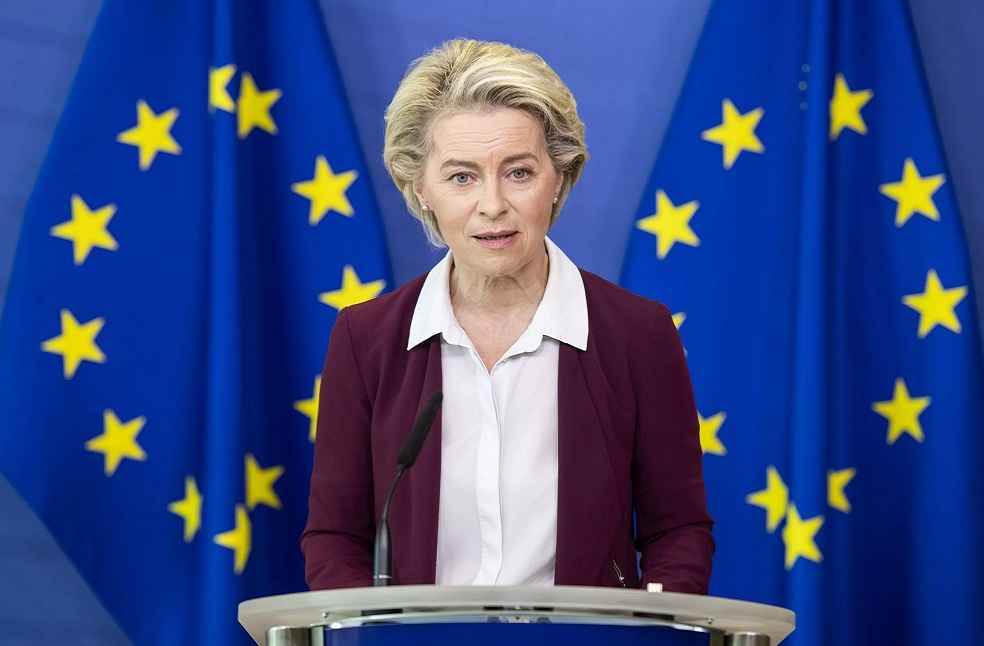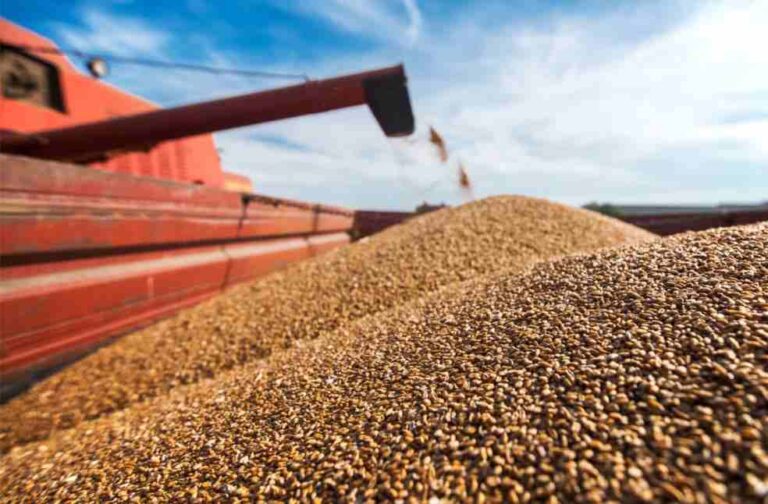The European Commission, on March 22, unveiled stringent tariffs targeting agricultural imports from Russia and Belarus, a strategic move designed to fortify the European Union’s agricultural market against potential disruption. With a tariff of 95 euros per ton on cereals—including wheat, corn, and sunflower meal—and a significant 50 percent on oilseeds and oil products, this measure anticipates and aims to counter any considerable diversion of Russian grain products into the EU market.
Despite the current absence of market destabilization, EU officials remain vigilant to the potential threat, particularly given Russia’s marked increase in domestic grain production. The year 2023 saw the EU importing a record 4.2 million tons of grains, oilseeds, and their derivatives from Russia, totaling 1.3 billion euros in value, alongside 610,000 tons from Belarus, worth 246 million euros. These imports, though constituting a mere 1 percent of the EU’s total grain production and imports, underscore a growing concern over the EU’s susceptibility to economic leverage exerted through agricultural exports.

The European Commission’s initiative reflects a broader strategy to insulate the EU from perceived hybrid warfare tactics by the Kremlin, including the potential weaponization of food exports. Compounding these concerns are accusations of Russia exporting grain ‘stolen’ from occupied Ukrainian territories, falsely labeled as Russian. By severing a vital revenue stream for Moscow, the EU seeks to impair Russia’s fiscal capacity to sustain its military operations against Ukraine.
Ursula von der Leyen, President of the European Commission, stressed that the new tariffs achieve a delicate equilibrium, bolstering the EU’s economic and agricultural sectors while steadfastly supporting Ukraine. Crucially, these surcharges will only affect products intended for EU consumption, thereby averting any adverse effects on global food security, notably on pivotal trade routes to the African continent.

For European consumers, officials minimize the prospect of a significant price hike, noting a return to pre-2020 cereal prices following the initial upsurge after Russia’s incursion into Ukraine. With cereals currently priced between 200 and 220 euros per ton within the EU, the new tariff signifies an approximate 40 percent increase in price. The EU asserts its legal standing to invoke security exemptions under the World Trade Organization agreement, if necessary.
The Kremlin’s immediate denunciation of the EU’s tariff scheme, through spokesman Dmitri Peskov, forecasts ‘grave consequences’ for European policy makers and consumers. As the proposal progresses to the EU Council for deliberation, achieving a qualified majority will be pivotal for the enactment of these tariffs, a decisive moment for the EU’s agricultural trade dynamics with Russia and Belarus.
LATEST NEWS | EU Extends Trade Aid for Ukraine, Bolsters Economy Amid Russia’s Aggression



